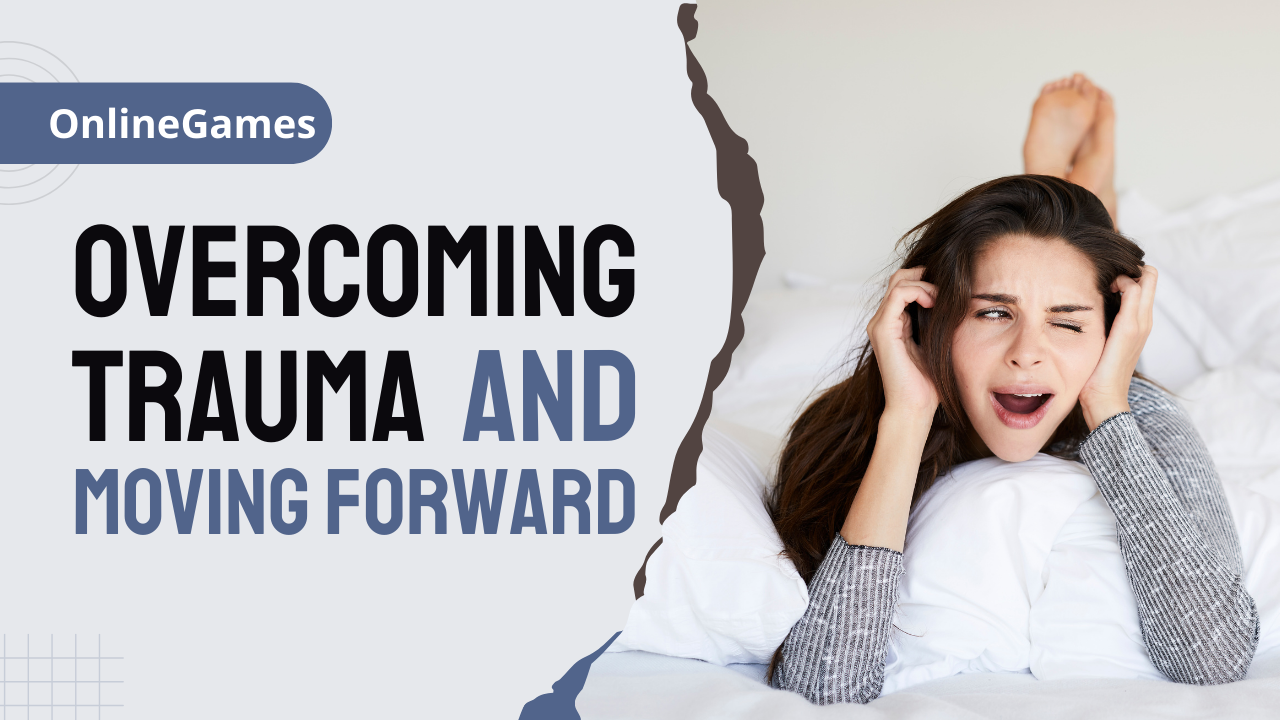Seeking support and resources for addiction treatment is a crucial step towards recovery and maintaining sobriety. Whether you or a loved one is grappling with substance use disorder, accessing the right support network can make a significant difference in the journey towards wellness.
Understanding the Importance of Support Networks
Support networks play a pivotal role in addiction recovery by providing encouragement, guidance, and a sense of community. These networks can include family members, friends, support groups, and healthcare professionals who offer both emotional support and practical assistance throughout the recovery process.
Types of Addiction Treatment Programs
There are various types of addiction treatment programs available, tailored to meet individual needs and preferences:
1. Inpatient Rehabilitation Programs
Inpatient rehab programs provide intensive, 24/7 care in a residential setting. They are ideal for individuals requiring detoxification, medical supervision, and structured therapy sessions.
2. Outpatient Treatment Programs
Outpatient programs offer flexibility, allowing individuals to attend therapy sessions and receive support while living at home. This option suits those with mild to moderate addiction seeking ongoing treatment.
3. Support Groups
Support groups such as Alcoholics Anonymous (AA) or Narcotics Anonymous (NA) provide peer support and a sense of camaraderie among individuals in recovery. These groups follow a structured program focused on mutual encouragement and accountability.
4. Therapy and Counseling
Individual therapy with a licensed counsellor or psychologist helps address underlying issues contributing to addiction. Cognitive-behavioural therapy (CBT), motivational interviewing, and trauma-informed therapy are commonly used approaches.
How to Find Support and Resources
1. Consult Healthcare Professionals
Start by consulting your primary care physician or a specialized addiction counsellor. They can provide assessments, treatment recommendations, and referrals to reputable treatment centres or support groups.
2. Online Resources
Utilize online platforms and directories that list addiction treatment facilities, support groups, and counselling services. Websites like SAMHSA’s Treatment Locator or Psychology Today’s therapist directory can be invaluable resources.
3. Community Health Centers
Local community health centres often offer addiction treatment services, counselling, and support groups at reduced or no cost. Contact them directly or visit their websites for information on available programs.
4. Peer Recommendations
Seek recommendations from peers who have undergone addiction treatment or are actively involved in recovery. They can provide firsthand insights into effective treatment programs and support networks.
5. Support Hotlines
National and local addiction helplines provide confidential support, crisis intervention, and referrals to treatment services. These helplines are staffed by trained professionals who can offer immediate assistance and guidance.
Evaluating Treatment Options
When evaluating treatment options, consider the following factors to ensure they align with your needs:
- Accreditation and Licensing: Choose facilities accredited by organizations like The Joint Commission for quality assurance.
- Treatment Approach: Assess whether the program offers evidence-based treatments and therapies proven effective for your type of addiction.
- Cost and Insurance Coverage: Determine the financial implications of treatment and whether your insurance provider covers addiction services.
Finding support and resources for addiction treatment is a critical endeavour that requires careful consideration and proactive steps. By leveraging support networks, exploring various treatment programs, and seeking guidance from healthcare professionals, individuals can embark on a path towards recovery and long-term sobriety.










